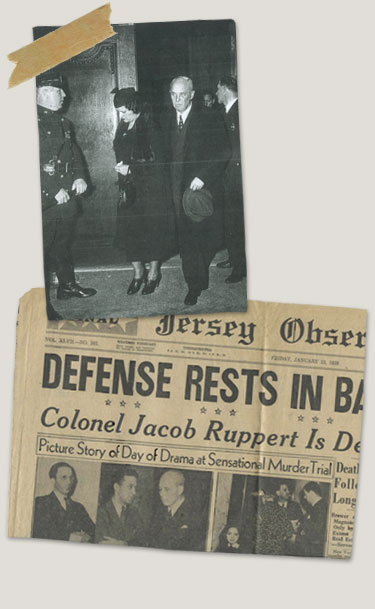The killing of the poormaster brought one of America’s most prominent criminal defense attorneys, Samuel S. Leibowitz, across the Hudson River from Manhattan to Hoboken, to try to save his client from the electric chair. “The Defender” was to represent one of the nation’s ten million unemployed, a man charged with murdering a relief official long extolled by taxpayers and by City Hall for keeping outlays low. “The chances are,” Leibowitz told the reporters who followed his every case, “that I am going to delve deeply into the way relief is distributed in Hoboken. I hope that other unfortunates are not driven to distraction as this man was.”

Leibowitz was best known for his history-making defense of the “Scottsboro Boys”—nine young black men falsely accused of raping two white women. Soon he would transform the Scutellaro case into an indictment of larger social ills, just as he had transformed the Scottsboro case into a verdict on civil rights in the American South. The Scutellaro case would became an exposé of the “Nepotistic Republic” of Hoboken mayor “Boss” Bernard McFeely, and a denunciation, as Leibowitz put it, “of a system which expects a man to live, in this great democracy, under such shameful circumstances.” At issue was not just Harry Barck’s penchant for cruelty; public relief had become a tool for imposing social and political control nationwide.

Cover of The Defender, by Leibowitz’s son, Robert, showing his father with the Scottsboro Boys.

Samuel S. Leibowitz exiting the courtroom with Jo Scutellaro’s wife, Anna
Leibowitz’s vigorous defense of Joseph Scutellaro made headlines.
